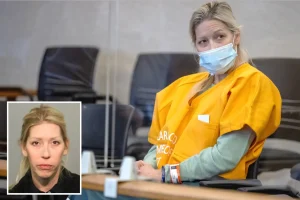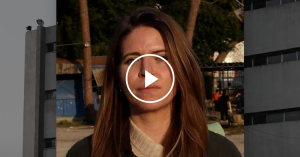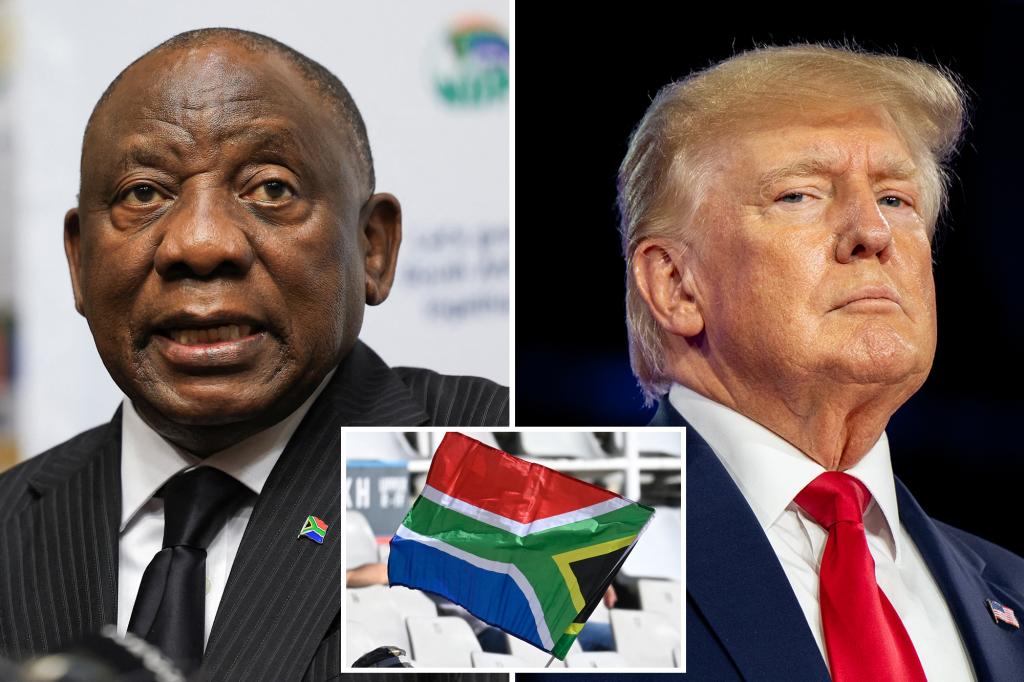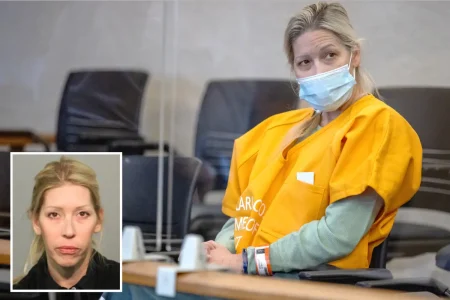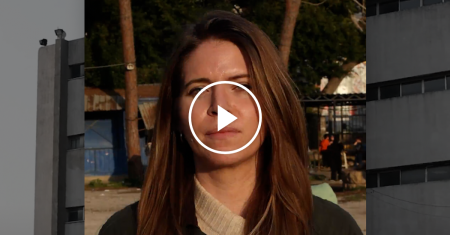Former US President Donald Trump’s recent pronouncements on South Africa have ignited a firestorm of controversy, raising questions about the veracity of his claims, the potential impact on US-South Africa relations, and the underlying motivations behind his statements. Trump, via his social media platform Truth Social, accused South Africa of “confiscating land” and “treating certain classes of people VERY BADLY,” threatening to cut off all future US funding to the country pending a “full investigation.” These remarks, devoid of specific details or supporting evidence, echo similar unsubstantiated allegations made during his first term in office regarding the alleged large-scale killings of white farmers and violent land seizures. The South African government’s response at the time was to dismiss these claims as misinformation, a stance likely to be repeated in light of Trump’s renewed accusations.
Trump’s threat to suspend US funding to South Africa carries significant weight, given the substantial financial assistance the US provides to the country. US government data indicates nearly $440 million in aid obligated to South Africa in 2023 alone. This funding supports a wide array of programs, including health initiatives, economic development projects, and democratic governance programs. A sudden cessation of this aid could have far-reaching consequences for South Africa, potentially undermining crucial programs and destabilizing ongoing efforts in various sectors. The ambiguity surrounding the nature and scope of Trump’s proposed “investigation” further complicates the matter, leaving open the question of what specific criteria would need to be met for funding to be reinstated.
The timing of Trump’s pronouncements is particularly noteworthy, coinciding with South Africa’s holding of the G20 presidency, a position of significant international influence. Following South Africa’s term, the US is slated to assume the G20 presidency, highlighting the importance of a stable and cooperative relationship between the two nations. Trump’s accusations, however, risk jeopardizing this relationship and potentially impacting the smooth transition of the G20 presidency. Furthermore, the remarks come amidst a complex and evolving political landscape in South Africa, where issues of land reform and racial inequality remain highly sensitive and deeply rooted in the country’s history.
Trump’s allegations appear to align with a narrative often propagated by certain groups, including some right-wing commentators and online communities, that portray white farmers in South Africa as victims of systemic persecution. This narrative, however, lacks substantial evidence and often overlooks the broader historical context of apartheid and its legacy of land dispossession and racial inequality. While isolated incidents of violence and crime undoubtedly occur, there is no credible evidence to support claims of widespread, systematic attacks targeting white farmers specifically. Trump’s echoing of these unsubstantiated claims risks exacerbating racial tensions within South Africa and undermining efforts towards reconciliation and equitable land reform.
The influence of Elon Musk, a close ally of Trump and a South African native, on Trump’s views regarding South Africa deserves consideration. Musk has previously expressed concerns about the treatment of white people in South Africa, particularly in response to a video of a political party singing an anti-apartheid song. He characterized the song as promoting “genocide of white people,” a claim that has been widely disputed. It’s plausible that Musk’s perspective, shared with Trump, may have contributed to the former president’s recent pronouncements. However, the extent of Musk’s influence on Trump’s stance remains speculative.
The broader implications of Trump’s actions extend beyond the immediate bilateral relationship between the US and South Africa. His pronouncements, amplified by his substantial social media following, risk fueling misinformation and exacerbating existing divisions within South Africa. They also send a concerning signal about the potential for political figures to manipulate narratives and exploit sensitive issues for personal or political gain. The lack of evidence supporting Trump’s claims underscores the importance of critical evaluation of information, particularly in the current era of rapid information dissemination and the proliferation of misinformation online. The international community, including governments and civil society organizations, has a crucial role to play in promoting accurate information and countering harmful narratives that can contribute to social unrest and instability. The situation warrants careful monitoring and a commitment to fostering constructive dialogue and promoting evidence-based policymaking.

